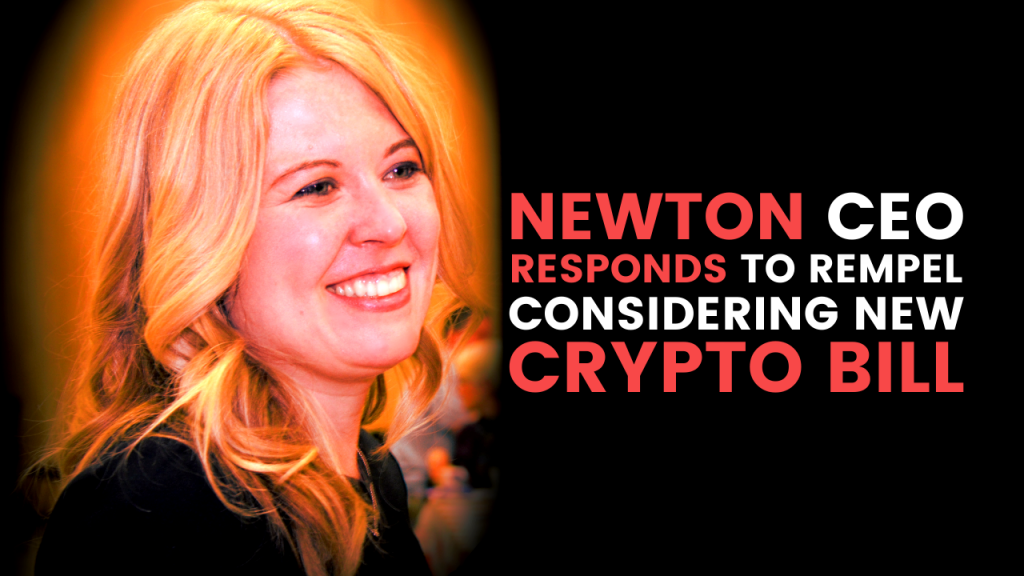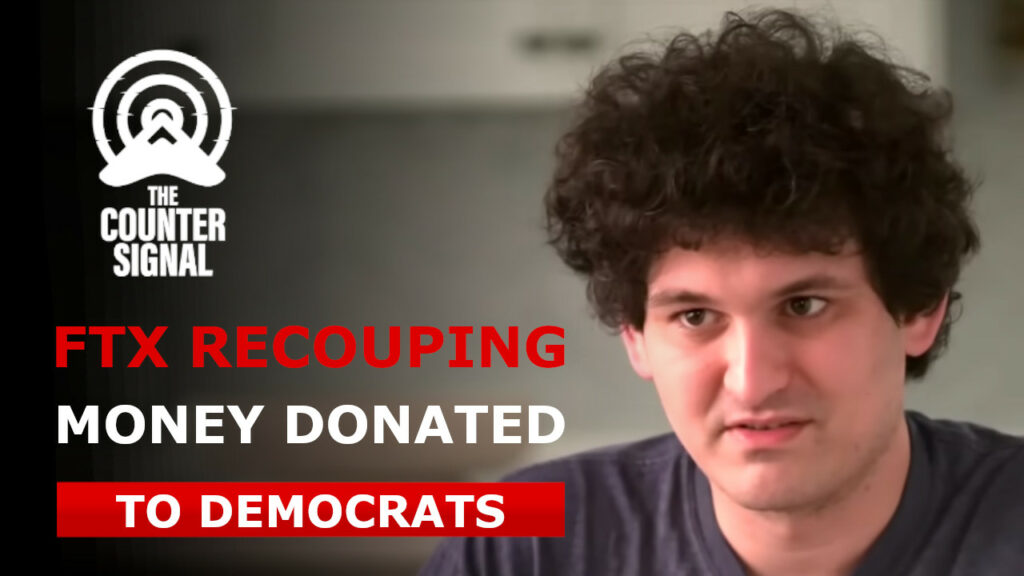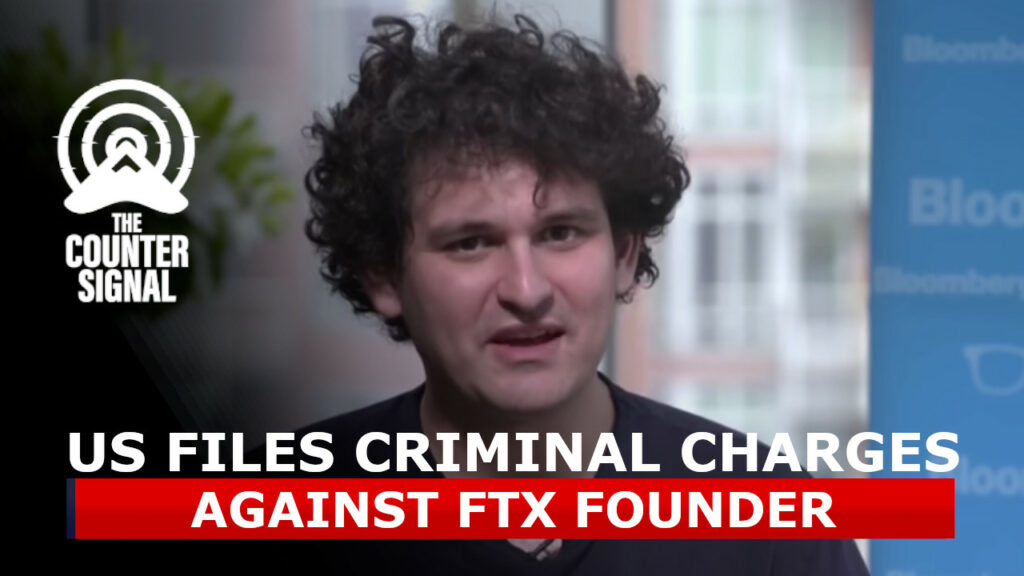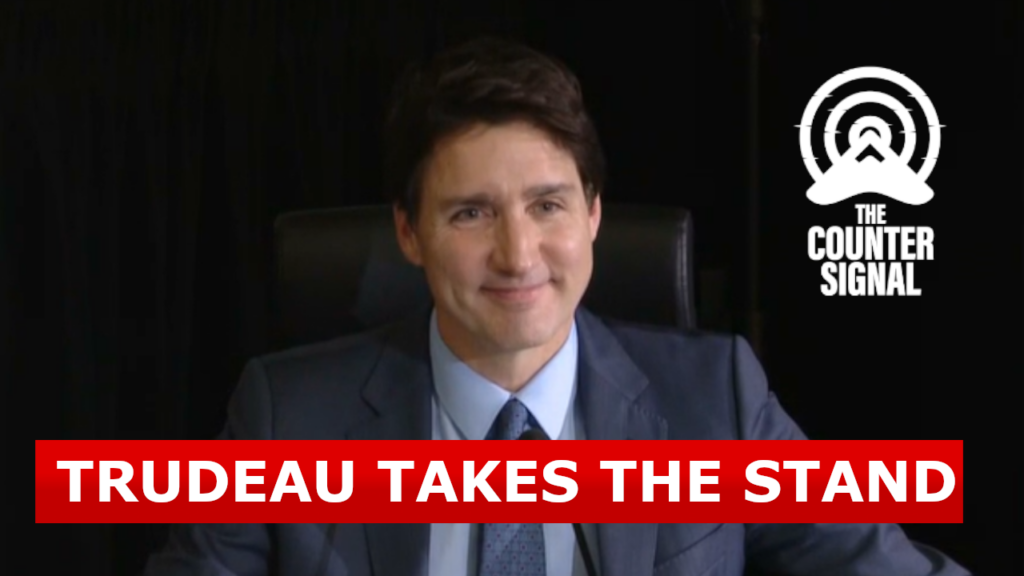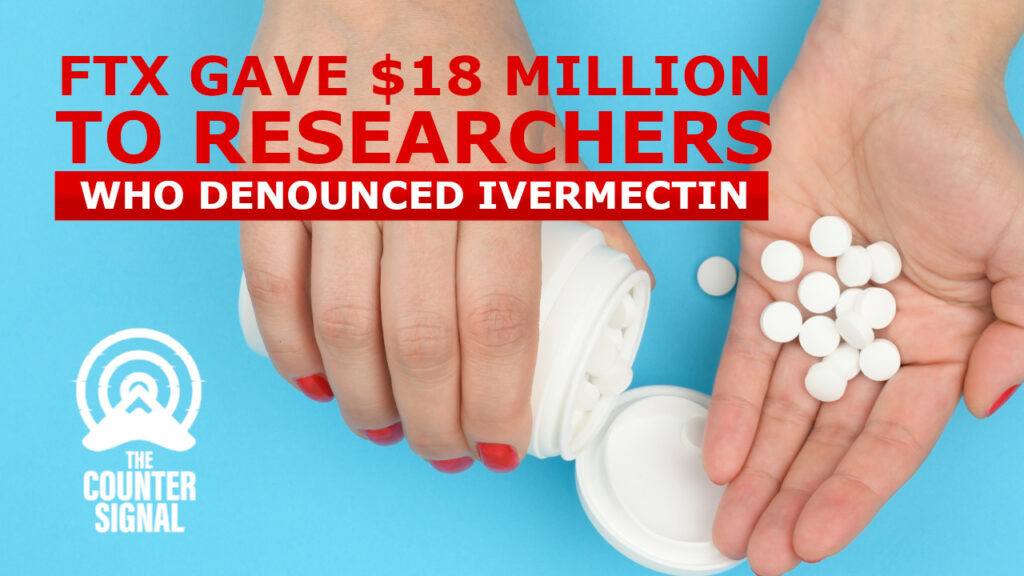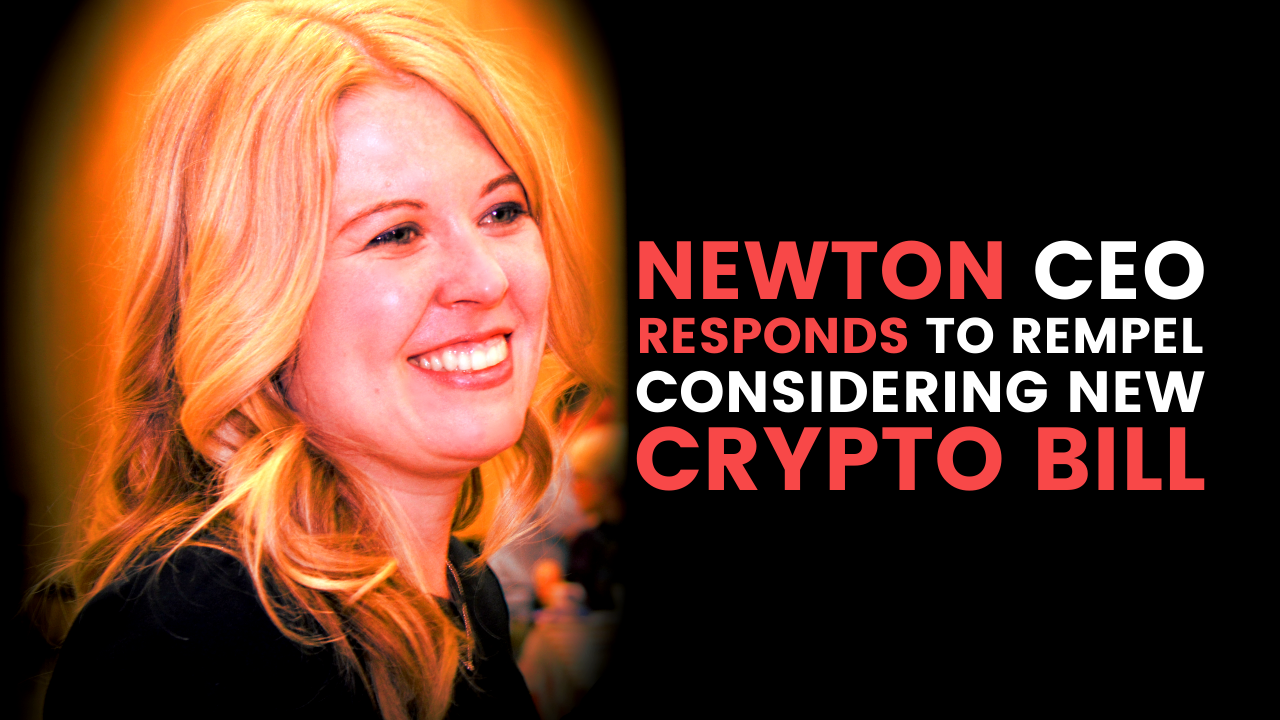
The Counter Signal reached out to Dustin Walper, CEO of Newton.co, a Canadian cryptocurrency exchange, to see what could be improved in the crypto space after Alberta MP Michelle Rempel Garner announced that she is considering tabling a cryptocurrency-related bill.
“Hey Twitter crypto community, what are the top three things government could do (or not do) to improve the space? ([I] will look at quote tweets — replies remain off due to hatebots),” Rempel writes in a Tweet.
“We welcome thoughtful new legislation,” began Walper in an email. “The crypto industry in Canada has created thousands of high-paying jobs, but those jobs will be at risk if our government fails to adopt forward-thinking legislation. We are lagging badly behind other countries, and we urgently need [a] course correction.”
“Crypto is already regulated in Canada today, but it relies on [an] old law that was written well before crypto existed.”
For example, Walper continues, “DeFi currently is difficult in Canada because of the murky regulatory landscape. We’d like to see new legislation explicitly permitting DeFi products and services within a much lighter-touch regulatory framework. As it stands now, many innovative DeFi services simply can’t be offered in Canada.”
Additionally, Walper says the oppositional stance of banking institutions often hinders trading in crypto and that legislation that explicitly allows companies to access payment networks like EFT and Interac without interference from banks would be a considerable improvement.
Rempel’s consideration for a new bill on cryptocurrency comes after a good draw in the Private Member’s Lottery — a random draw held after a new Parliament is formed, which determines the order of precedence of bills and motions of MPs who don’t serve as cabinet ministers or parliamentary secretaries.
Rempel drew 18th this draw, meaning that one of her proposed bills has a better shot than most at reaching deliberation and having a subsequent vote on the bill. Of course, this does not mean that the bill will necessarily become a law, but it will be highlighted and has a better chance of drawing attention to this or that issue nationally.
“I drew high in the Private Members Bill lottery. In simple terms, this means I get to table a bill and have it read in a very short period of time. I’m considering doing something re crypto that advances policy in what is still a largely non-partisan space,” Rempel writes.
Why the ? below? I drew high in the Private Members Bill lottery. In simple terms this means I get to table a bill and have it read in a very short period of time. I'm considering doing something re crypto that advances policy in what is still a largely non partisan space. https://t.co/8n0XYuGFLW
— Michelle Rempel Garner (@MichelleRempel) December 6, 2021
Walper recommended a “new class of banking license be created specifically for organizations that want to deal in crypto-assets and fiat side-by-side,” with the caveat that it should be limited to smaller institutions and fintech to prevent any gatekeeping by larger financial institutions.
Finally, he adds that a “Crypto Bill of Rights” that ensures the right of Canadians to transactional privacy and the right to hold digital assets in their own wallet would be a “unique accomplishment.”
It isn’t clear when Rempel became interested in cryptocurrency. But she previously reached out to Vitalik Buterin, the creator of Etherium, on Twitter to ask him about the government’s role in preventing potential currency manipulation in the crypto space.
“Is there a role for government in protecting cryptocurrencies from manipulated trading practices (e.g. social media hype),” Rempel asked.
Is there a role for government in protecting cryptocurrencies from manipulated trading practices (eg. social media hype)?
— Michelle Rempel Garner (@MichelleRempel) September 1, 2021
“I would say the best regulatory strategies involve avoiding “you must get a complicated license to participate at all” mechanisms and instead have more requirements kick in with greater size [I think existing social media influencer disclosure regulation works this way already?],” Buterin responded.
I would say the best regulatory strategies involve avoiding "you must get a complicated license to participate at all" mechanisms, and instead have more requirements kick in with greater size [I think existing social media influencer disclosure regulation works this way already?]
— vitalik.eth (@VitalikButerin) September 2, 2021
“Also, if there’s a tradeoff between making it harder for the crypto space to exist and making it harder for the crypto space to access “mainstream” users, I would much rather have the latter than the former, at least in the short and medium-term.”
“Also, at some point, I would love to see police agencies run honeypots. “Congrats, you’ve sent 0.1 ETH to a scam! Please go through an annoying KYC process to get your funds back” Could do this for social media [disinfromation] too. Think of it as an epistemic vaccine program.”
Rempel took the reference to possible government-led scams on the cheek and clarified that she’s just wondering if it’s even possible to pass a regulation that doesn’t make the space worse.
Heheh. I look forward to the Vitalik Party™️'s platform commitment to government sanctioned scamming. 😉 Maybe the better question is, do you think government in its current form even have the capacity to regulate something like this without killing the space?
— Michelle Rempel Garner (@MichelleRempel) September 2, 2021
Indeed, that consideration is a good sign for anyone worried that any political involvement will involve blanket restrictions or even more hoops to jump through to participate in the crypto market.
